Human Resources
£2360 (£1600 during the tuition waiver period)
This module aims to provide a comprehensive exploration of human resource management (HRM) from a global perspective, emphasising the importance of understanding diverse cultural, legal and socio-economic contexts in which HRM practices are embedded. As organisations operate increasingly in international contexts, understanding the complexities of managing a global workforce becomes paramount. Students will delve into key topics including global talent management, cross-cultural leadership and the challenges and opportunities of managing employees in different regions of the world.
Furthermore, the module underscores the significance of well-being in HRM, elucidating its dual importance: as a strategic imperative to enhance performance and commitment and as an ethical responsibility of organisations to their workforce. Through case studies, discussions and research, students will grasp the intricacies of integrating well-being strategies in global HRM practices. By the end of this module, learners will be equipped with the knowledge and skills to develop, implement and evaluate HRM practices that cater to the unique demands of global operations while promoting the well-being of their employees.


1. Understand the complexities and nuances of managing a diverse global workforce
2. Recognise the importance of employee well-being in the context of global HRM and its impact on performance and commitment
3. Develop strategies to integrate and promote well-being in global HRM practices
4. Grasp the intricacies of cross-cultural leadership and its role in global HRM


Scholarships
Citizens of the following countries are eligible for a 50% scholarship upon writing a personal statement. All scholarships are to be approved by the Academic Board. The list of countries are: Sri Lanka, Indonesia, Philippines, Bhutan, Morocco, Vietnam, Papua New Guinea, Laos, Cambodia, India, Nigeria, Ghana, Bangladesh, Laos, Myanmar, Pakistan, Nepal and South Africa. Please talk to your student counselor and ask for the Coupon Code to get the 50% Tuition Waiver.

To pass the unit a 40% overall grade must be achieved.

You are eligible if you meet our stipulated entry requirements.









Understanding Global Workforce Dynamics
Well-Being in Global HRM
Global Talent Management
Cross-Cultural Leadership
Performance Enhancement in Global HRM
Integrating Well-Being into Global HRM Strategies
Leadership and Change Management In Global HRM